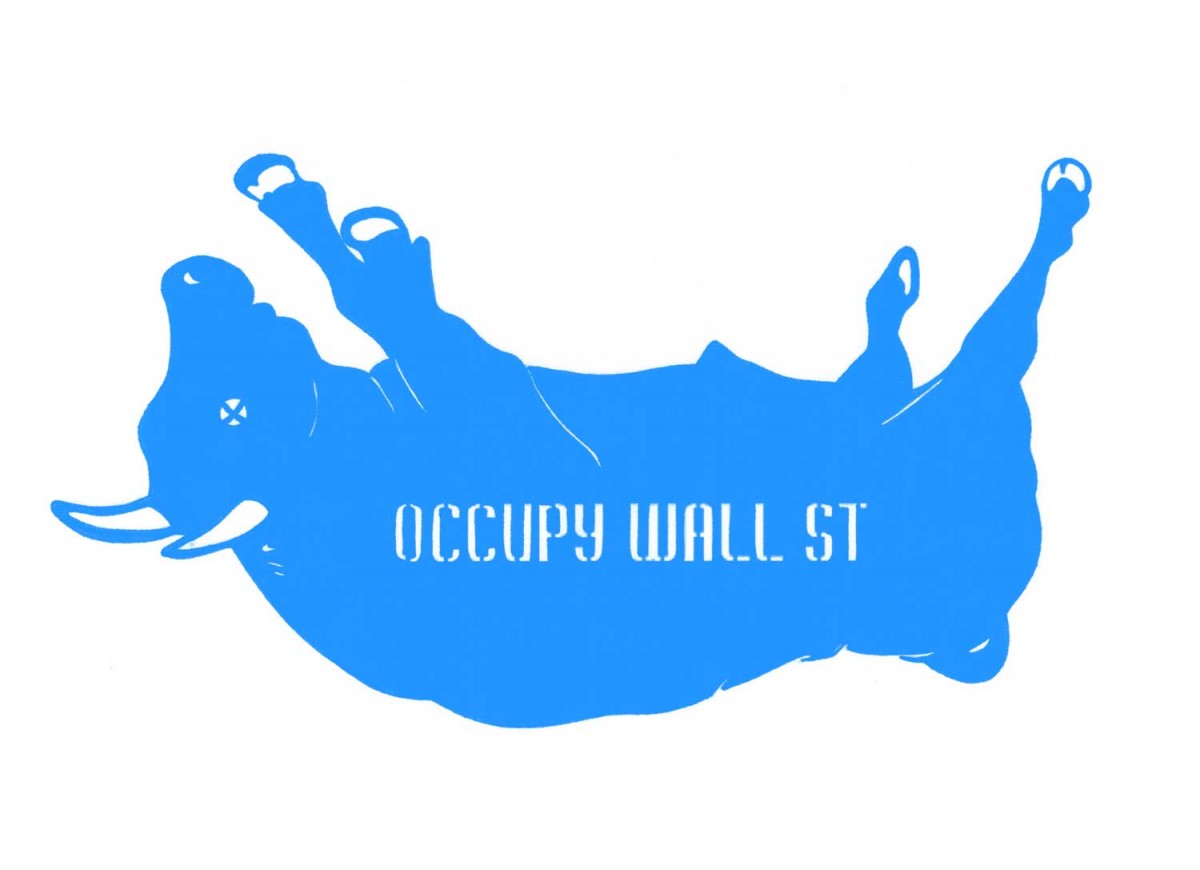SOS: ComAlt, Seminar Pre-Writing Week 5
14 February 2017
Word Count: 261
Passages:
“I prefer the term Indigenous Economics. I prefer the idea that not all has a price tag attached to it, and that stories of place stay alive with that place and those people.” (LaDuke 2016: 24)
“There’s a reason modern-day money words such as ‘pecuniary,’ ‘capital’ and ‘bull market’ all have their linguistic roots in… cattle… although nothing seems as American now as juicy hamburgers and sizzling steaks, cattle were not indigenous to the new world.” (Newman 2013: 91, 92)
News Media Context:
In American Towns, Private Profits From Public Works
“In the typical private equity water deal, higher rates help the firms earn returns of anywhere from 8 to 18 percent, more than what a regular for-profit water company may expect.”
Discussion:
During this week’s readings of LaDuke and Tompkins I was forced to contemplate the warring ideas of European settler capitalism and “Indigenous Economics.” During my academic career in both Environmental Studies and Economics I have come across the idea of externalities – the real cost of an industrial or commercial endeavor that accounts for its monetary environmental and community consequences, beyond the direct cost of the good or service. However, LaDuke expands the very parameters of economics to ascribe worth and meaning to things without assigning them a monetary or numerical value, forcing the reader to reconsider what is important or essential to maintain for the sake of our existence, as well as internalize the philosophy and wisdom of native peoples.
This broadened definition of economics whirled around in my head as I read Tompkins, so when I reached the cattle chapter, I found cows to be the perfect symbolic metaphor for America’s current capitalist economic structure. Just as white Europeans brought cattle as a foreign animal to the Americas, so too came the alien concept of money, commodification, and private enterprise. It is no wonder that these things – the European concept of currency or money and cattle have been historically and linguistically linked.
As I made these connections I was left to consider a couple things. Is the concept and utilization of externalities a happy medium between the two contrasting ideas of economics for planet verses economics for profit? Is it enough to reconcile the terrestrial destruction caused by our current capitalist system moving forward? How do we bridge the gap?
Citations:
Ivory, Danielle. (2016, December 24). In American Towns, Private Profits From Public Works. Retrieved from https://www.nytimes.com/2016/12/24/business/dealbook/private-equity-water.html?action=click®ion=SF&module=bizseriespromo
LaDuke, Winona. (2016). The Winona LaDuke Chronicles: Stories from the Front Lines in the Battle for Environmental Justice. Ponsford: Spotted Horse Press.
Newman, Kara. (2013). The Secret Financial Life of Food: From Commodities Markets to Supermarkets. New York: Columbia University Press.

Leave a Reply